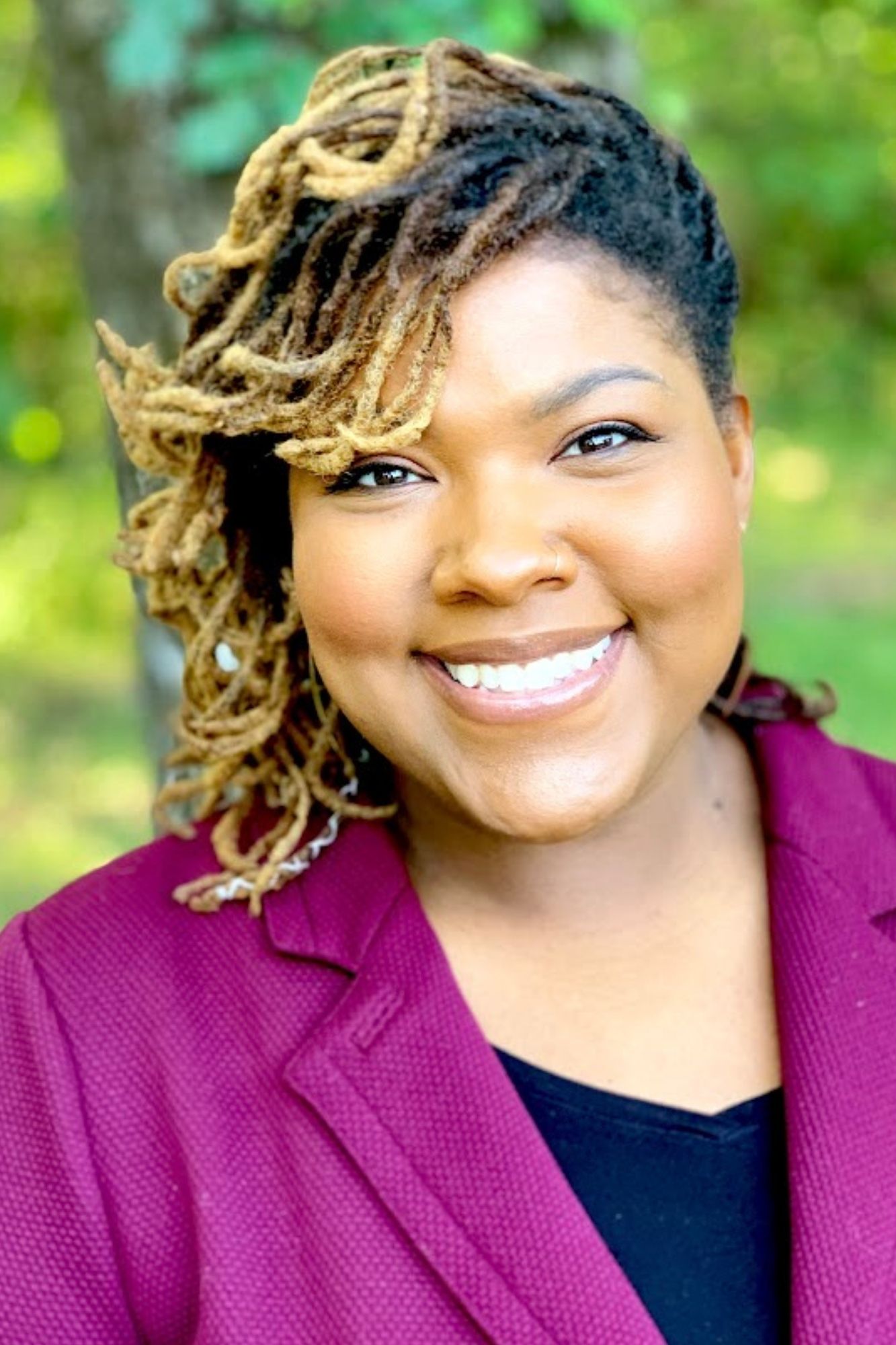FSU Psychology Faculty Speaks at Symposium on Neurodiversity and Learning Equity Uniting Leaders to Drive Inclusive Change
The “Child Outcomes Learning Disabilities and Equity Symposium” hosted by the non-profit Understood brought together professionals, advocates, and researchers for a day focused on neurodiversity and equitable support for neurodivergent learners. The event offered dynamic presentations, panel discussions, and networking opportunities to help address learning differences and promote inclusive communities.

Understood.org is a nonprofit organization committed to empowering the 70 million Americans with learning and thinking differences and their families by providing resources, expertise, and a supportive community. Founded by parents who experienced the challenges of navigating their son's learning journey, Understood offers insights, tools, and guidance to ensure individuals with neurodiversity can thrive. Their mission is to foster an inclusive world where everyone has the opportunity to succeed, regardless of how they learn or think.
FSU Department of Psychology Assistant Professor Dr. Rasheda Haughbrook was invited as a keynote speaker to share her research and help collaborators better understand the challenges and strengths of neurodiversity that are often overlooked. She emphasized the importance of accurate, accessible information and collaborative efforts to foster an understanding of neurodiversity. “This symposium allows us to break down barriers and collectively build a future where all students can thrive. The goal is to share resources, share research, and move forward with some positive change regarding neurodiversity,” she shared.
Dr. Haughbrook is a faculty member affiliated with the Center of Population Sciences for Health Empowerment and the Florida FIRST faculty development program, where she is mentored and supported through her research exploring genetic and environmental influences on development and emphasizes the experiences of historically marginalized individuals across various domains. Inspired by early experiences with systemic inequality. Dr. Haughbrook now advocates for equitable opportunities and community-driven research dissemination. She aims to bridge science and policy through her research, emphasizing the importance of translating research to empower communities.
The event featured speakers from institutions like Columbia University and the Kessler Foundation who offered insights on educational practices, employment strategies for neurodivergent youth and barriers to learning support. Attendees explored real-world strategies and research on supporting neurodivergent individuals, with a goal of creating sustainable impact through cross-sector collaboration.
